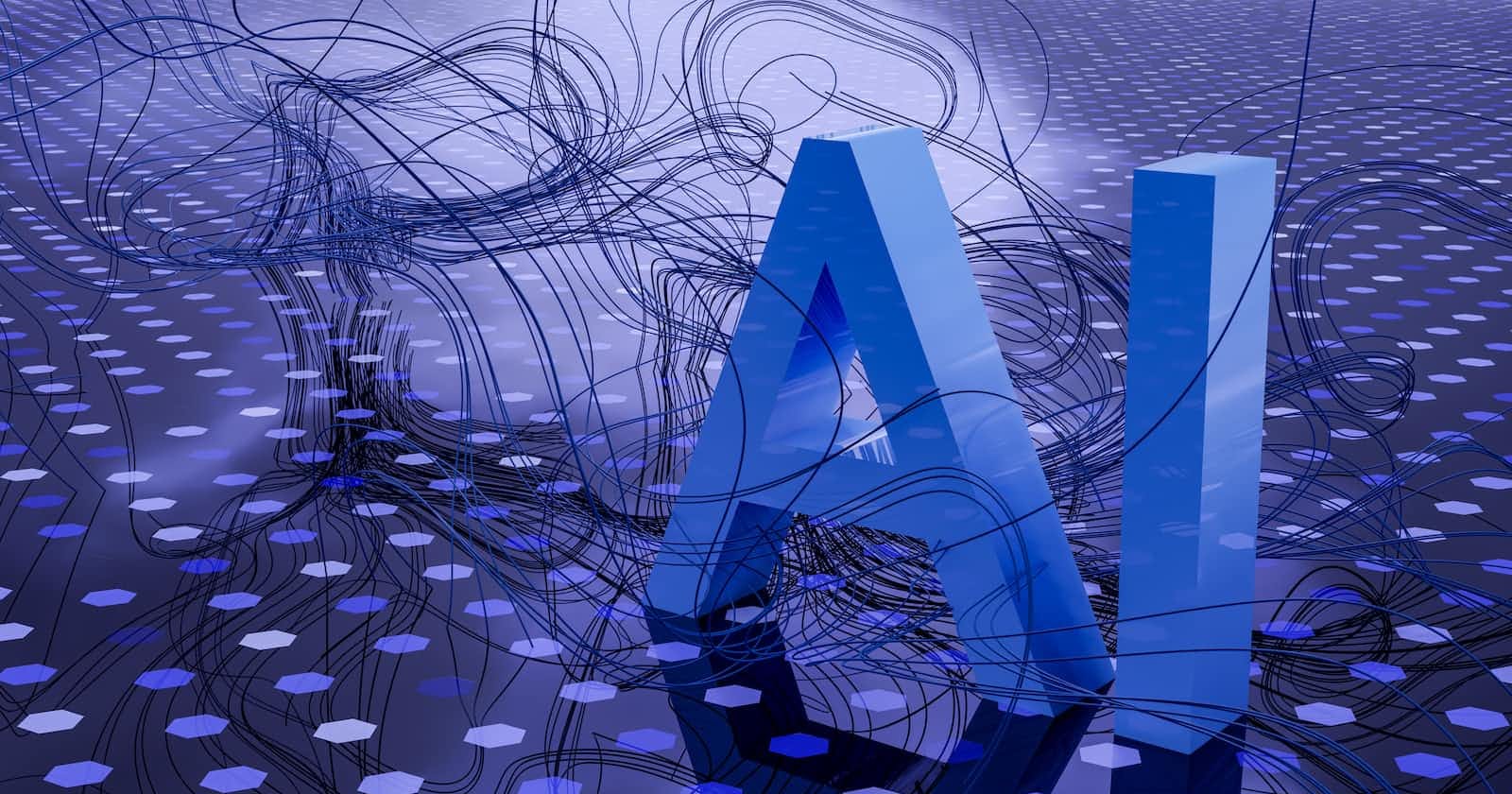Elon Musk told UK prime minister Rishi Sunak there “will come a point where no job is needed” as the billionaire entrepreneur described artificial intelligence as the “most disruptive force in history” in a wide-ranging conversation.
Speaking in the lavish Lancaster House in London, the Tesla chief executive and owner of SpaceX and X said he believed there would come a time when “you can have a job if you want a job ... but AI will be able to do everything”.
The discussion comes as the UK government closed its two-day summit in Bletchley Park designed to shape global rules and examine the extreme risks around the development of AI, such as its possible scope to aid in the development of biological and chemical weapons by nefarious actors.
During the summit, several big tech companies and nations signed a “landmark” voluntary agreement to allow governments including the UK, the US and Singapore to test their latest models for social and national security risks. Ireland was a signatory to the accord. H2 H2 H2 H2 H2 H2 H2 H2 H2
Companies signing the pledge included Sam Altman’s OpenAI, Google DeepMind, Anthropic, Amazon, Mistral, Microsoft and Meta.
Mr Musk cofounded OpenAI in 2015 but left several years later over clashes over AI safety. He launched his own AI company, xAI, in July. The new company snapped up high-profile hires in the field, with a mission to “understand the true nature of the universe” and a focus on building machines with human-level intelligence, known as artificial general intelligence, or AGI.
He also hopes to use the technology developed at the company to improve X, formerly Twitter, which he bought for $44 billion last October, according to people familiar with the matter.
Asked by Mr Sunak what he thought of the initiative, Mr Musk said jokingly that “it will be annoying, that’s true” but said he supported the plan because “we’ve learned over the years that having a referee is a good thing”.
Flanked by large portraits of aristocratic figures, Mr Musk said he believed ensuring AI technologies had “some kind of off switch” was something we should be “quite concerned about”. “What if one day they get a software update and they’re not so friendly any more,” he ruminated.
On balance, he said, he believed the technology would “be a force for good” and AIs could actually become “great friends” to their users, especially to people such as his son who struggled to make friends in the real world.
Several hours in advance of the summit, Mr Musk posted a cartoon on X that appeared to show the UK, US, Europe and China verbalising the risks of AI to humankind but secretly thinking about their desire to develop it first. “Sigh,” Mr Musk wrote alongside the meme.
During the 40-minute conversation on Thursday, Mr Musk congratulated Mr Sunak for inviting China to the AI Safety Summit, saying that “if they’re not participants, it’s pointless” because without the country’s buy-in to safety commitments, “they would just jump into the lead and exceed us all”.
He added that he believed the summit “will go down in history as being very important”.
Earlier in the year, Mr Musk was also one of the signatories of a letter calling for a pause on advanced AI development over safety concerns. However, critics have suggested that the move was an attempt to buy time as he races to catch up with OpenAI, which has risen to prominence in the sector since the launch of its ChatGPT chatbot nearly a year ago. – Copyright The Financial Times Limited 2023


